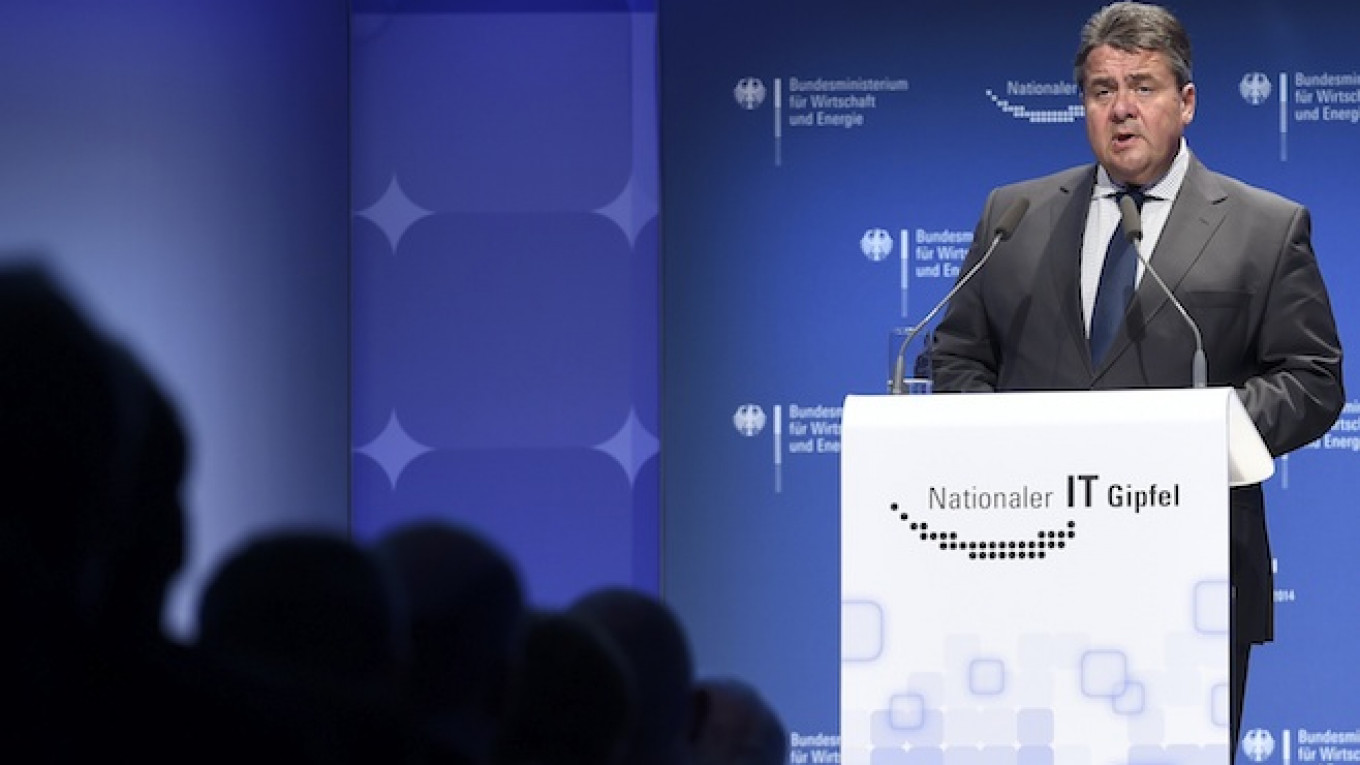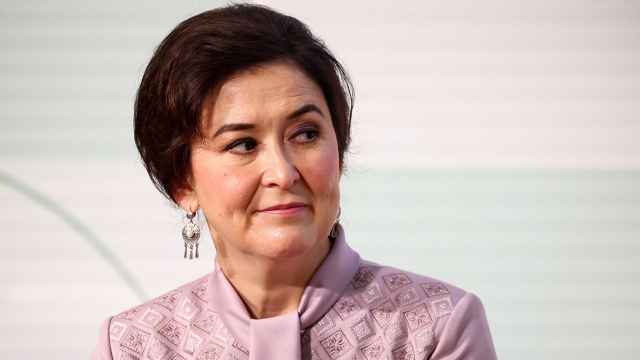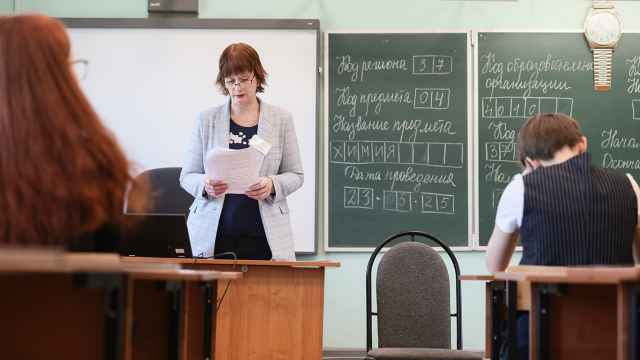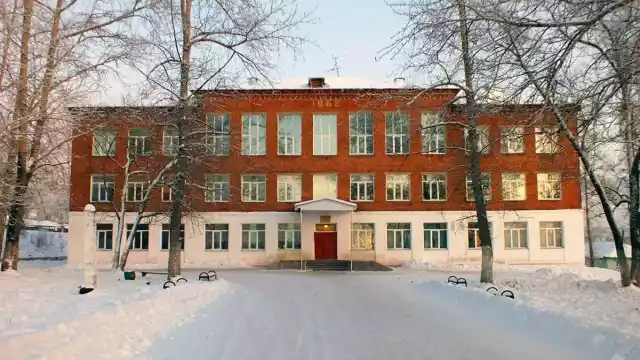BERLIN — German Economy Minister Sigmar Gabriel has said he does not believe tighter sanctions against Russia will help resolve the Ukraine crisis even though Chancellor Angela Merkel said the EU was considering further sanctions.
Gabriel, Germany's Vice Chancellor and the leader of the centre-left Social Democrats (SPD) that shares power with Merkel's conservatives, told German TV network ARD on Sunday that he did not believe sanctions would move Russian President Vladimir Putin.
Merkel and Gabriel and their two parties that have an overwhelming majority in parliament have until now generally been in agreement on sanctions, even though German industry has opposed them. It is not yet clear what impact Merkel's new stronger comments at the G20 meeting in Brisbane will have.
Gabriel, who is the SPD's likely candidate to challenge Merkel in 2017, also criticized NATO "saber-rattling" on the border to Russia, adding a political solution was needed.
"I can't see how that would help us move forward economically," Gabriel said when asked about tougher sanctions. "That will only make the situation more difficult."
Gabriel said he backed the course pursuing dialogue with Putin that Merkel and Foreign Minister Frank-Walter Steinmeier, a senior figure in his SPD party, have pursued.
"It's right that Angela Merkel and Frank-Walter Steinmeier are focusing on dialogue — and not confrontation as others are," he said. "For example I think it's totally wrong to react with permanent NATO saber-rattling on the Russian border."
European leaders including Merkel warned at a weekend G20 meeting in Brisbane, Australia of more sanctions unless Russia ends its support for pro-Russian separatist rebels. EU foreign ministers will meet on Monday to consider further steps, including additional possible sanctions on Russia.
"The present situation is not satisfying," Merkel told reporters in Brisbane. "At present the listing of further persons is on the agenda."
Steinmeier, who will fly to Moscow and Kiev next week, said in a separate interview with Welt am Sonntag newspaper that the economic pressure on Russia was already immense. He added that he does not expect EU foreign ministers to back new sanctions.
"That's not on the agenda, but we will discuss a list of eastern Ukrainian separatists whose access to assets and freedom to travel would be curtailed," he said.
Previous sanctions against Russia aimed at sectors like oil and banking, as well as individuals close to Putin, are squeezing its economy as falling oil prices are straining the budget and the ruble has plunged on financial markets.
Gabriel said the sanctions are hurting Russia far more than Germany. He said only four percent of Germany's foreign trade is with Russia, though some sectors had been hit hard.
Gabriel said the economic situation was deteriorating in Russia due to the sanctions. "They won't be able to hold on like that for a long time," he said.
A Message from The Moscow Times:
Dear readers,
We are facing unprecedented challenges. Russia's Prosecutor General's Office has designated The Moscow Times as an "undesirable" organization, criminalizing our work and putting our staff at risk of prosecution. This follows our earlier unjust labeling as a "foreign agent."
These actions are direct attempts to silence independent journalism in Russia. The authorities claim our work "discredits the decisions of the Russian leadership." We see things differently: we strive to provide accurate, unbiased reporting on Russia.
We, the journalists of The Moscow Times, refuse to be silenced. But to continue our work, we need your help.
Your support, no matter how small, makes a world of difference. If you can, please support us monthly starting from just $2. It's quick to set up, and every contribution makes a significant impact.
By supporting The Moscow Times, you're defending open, independent journalism in the face of repression. Thank you for standing with us.
Remind me later.






